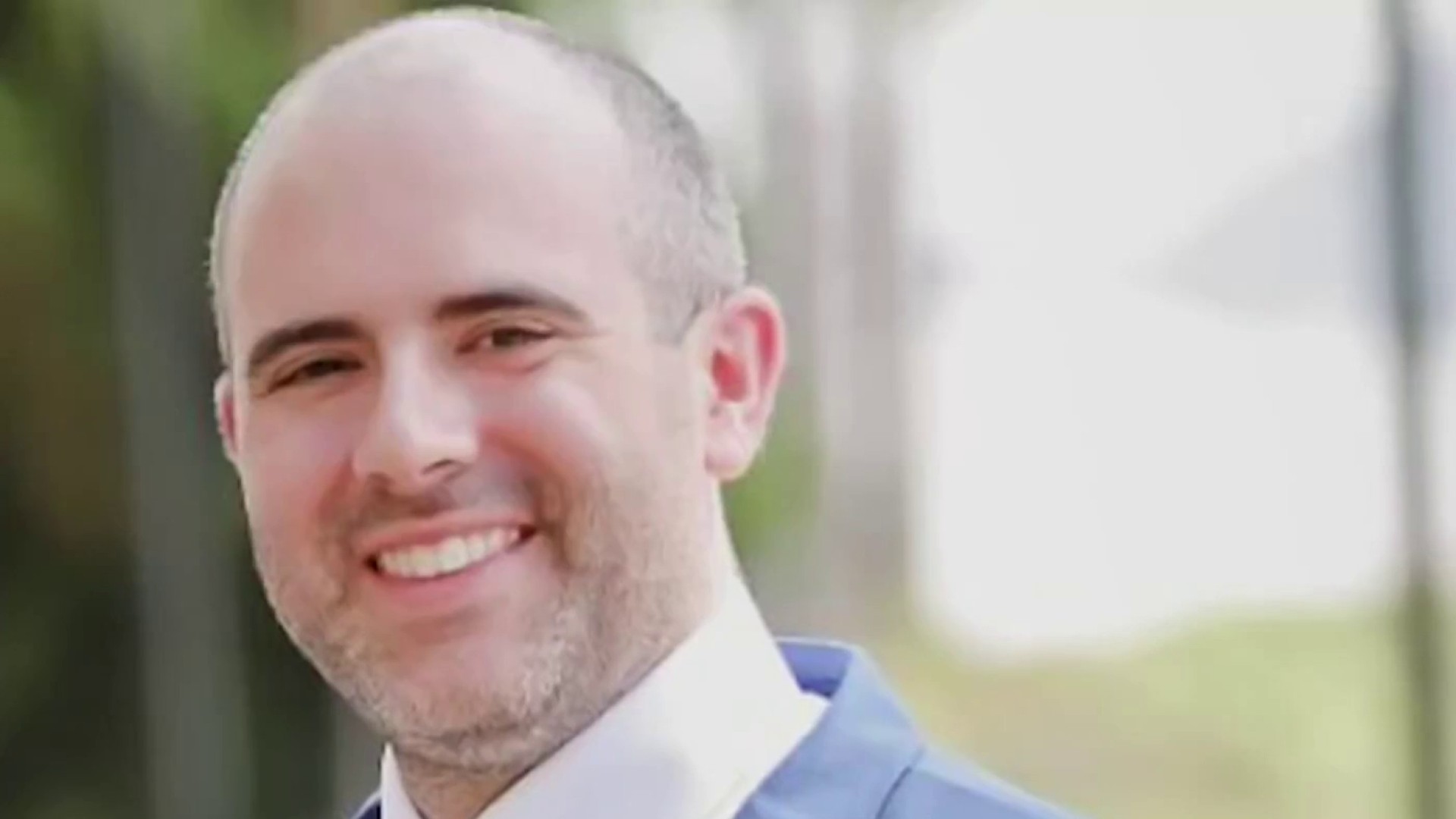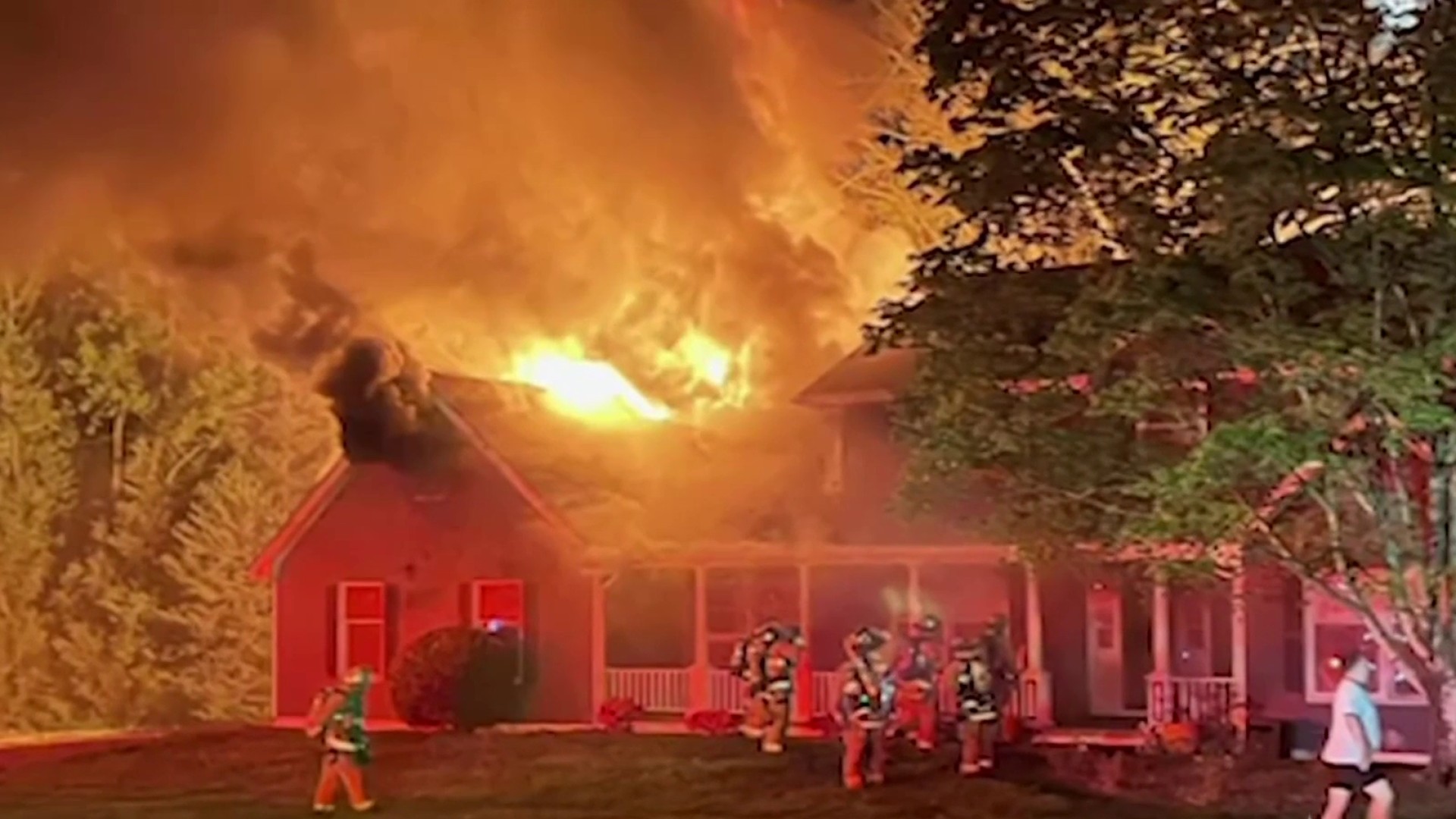Last year, I wrote a column that concluded, “If our elected leaders lower fines and subsequently traffic fatalities increase, that blood is on their hands.”
Yesterday, the Washington Post reported that traffic fatalities in the District have nearly doubled in 2013.
By July of this year, the number of deaths had exceeded the total recorded for all of 2012.
I wrote my column last year in response to an effort led by Council member Tommy Wells, who is now running for mayor. Wells spearheaded a political and public relations campaign to lower traffic camera fines.
He decried the fines as a government cash cow and claimed that the penalties were “particularly harsh” on low-income motorists.
Wells created a task force to study the matter. The legislative wheels turned and on April 1, 2013 lower fines went into effect.
While it is impossible to know with certainty whether the lower fines have resulted in deadlier roads, we do know that District roads are now deadlier.
Local
Washington, D.C., Maryland and Virginia local news, events and information
In the first 3 months of 2013, before fines were reduced, there were 8 fatalities. In the next three months, there were 11.
Of the dead this year, 9 were pedestrians.
This does not sound like the “livable, walkable” city that Wells touted as he ascended from Council member to mayoral aspirant.
I emailed Wells and asked him if lowering the fines was a mistake.
He replied, “I’m working to find out if the fines were actually lowered in practice.”
Wells chairs the D.C. Council committee on the Judiciary and Public Safety.
He doesn’t know if fines have been lowered? A quick Google search delivered the information to my fingertips. One email to a police official confirmed it.
And what about the low-income residents burdened by high fines? Shouldn’t Wells have followed up to make sure that poor folks were no longer weighed down by “particularly harsh” penalties.
No matter. The public relations ploy paid political dividends. Wells got his name in the paper, softened his image as an enemy of motorists and showed concern for the underprivileged.
In our email exchange, Wells sought to challenge my position that reducing traffic fines is a deadly miscalculation.
He wrote, “You will be making a correlation no one else who is an expert in the field has been able to make.”
True. No one can say for sure that lowering fines has led to more deaths. And no one can say for sure that raising fines makes roads safer. That research is ongoing.
In the absence of results from a years-long study, elected officials are tasked with applying common sense and available data to problem solving.
The common sense?
Hefty fines deter bad behavior.
The data?
District roads have become safer in the era of traffic camera enforcement.
Nonetheless, instead of erring on the side of caution (and safety), Wells pandered to law-breakers who whined loudly about being fined for driving dangerously.
We are six months into the experiment on lower traffic camera fines.
Fatalities have doubled.
How many more months shall we proceed with this reckless endeavor?
Don’t expect Wells to propose returning the fines to previous levels. The political calculation has been made, and the Democratic Primary for mayor is April 1, 2014.
Chuck Thies is a political, communications and advocacy consultant. From 1998 to 2010 his professional portfolio included District of Columbia politics. Chuck has worked on national projects and internationally in Europe, Africa, the Middle East , China and Mexico. If you are daring, follow him on twitter @ChuckThies.



